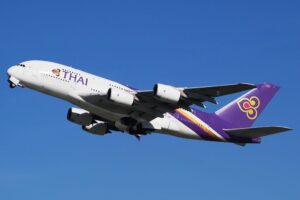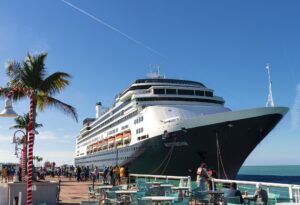US Government Urged to Approve AstraZeneca Vaccine
25th August 2021
2 min. read
1581

The World Travel & Tourism Council (WTTC) believes that publicly approving the AstraZeneca vaccine by the US government is “critical” to restoring transatlantic travel.
The US Centers for Disease Control and Prevention (CDC) handed full approval to Pfizer’s vaccine this week, but not to AstraZeneca’s.
Because of the “vaccine vacuum,” even if the US reopens its borders to UK travelers, individuals who have received the AstraZeneca vaccination may face quarantine limitations.
The World Travel and Tourism Council (WTTC), which represents the private sector in global travel and tourism, also warns that the current CDC clearance process might take months before AstraZeneca is given the green light.
It claims that unless the US legally approves AstraZeneca’s vaccine, which has been administered in 176 nations and territories, the US would effectively remain off-limits to the majority of Britons – and many millions more around the world.
Continued CDC non-recognition, according to the WTTC, will “seriously depress” consumer demand, hinder any real resurrection of transatlantic travel from the UK to the US, and have “serious knock-on effects” across the travel and tourism industry.
JetBlue, a low-cost airline based in the United States, has began flying between New York and London, while Aer Lingus, British Airways, Virgin Atlantic, and American Airlines are all planning to add new transatlantic routes or capacity.
According to Cirium, a travel and data analytics firm, the number of UK-US flights scheduled for the last week of August has dropped by 73 percent compared to the same period last year, from 287,000 to 78,000.

Loran Smallwood
Wilmslow, Lancashire
Travel Concierge Club
07311629302
loran@travelconcierge.club
Specialist Area:
Weddings and Honeymoon, Spa & Wellness, Safari, Romantic, Luxury, Diving and Snorkeling, Beaches
View ProfileRelated Articles
Related News
SIGN UP FOR OUR MAILING LIST
Enter your email address and receive daily or weekly updates with the latest articles, news and videos.Copyright © 2021 Experienced Travellers Ltd. Experienced Travellers Ltd is not responsible for the content of external sites. Read about our approach external linking.
















